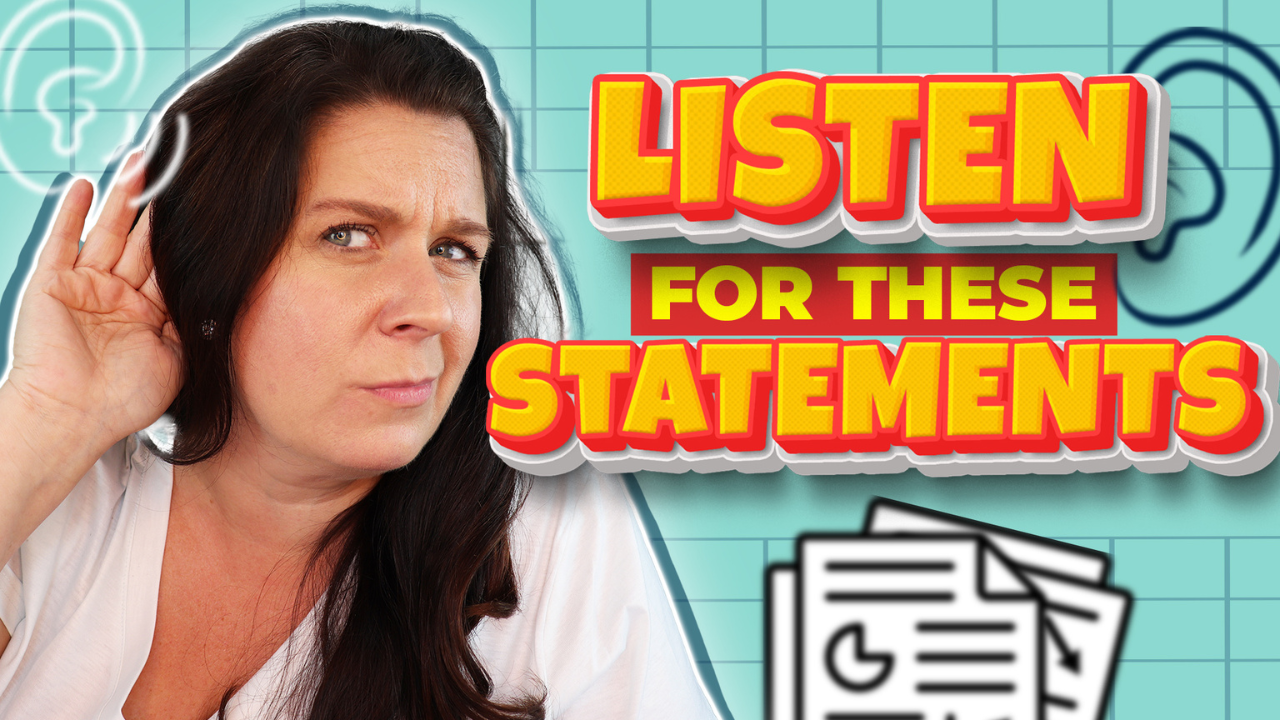Redefining Parenthood: Navigating Life with an Addicted Child

Reclaiming our lives as parents with children in recovery.
We discussed the need to change our parenting roles to help our children recover from addiction. Today, we will delve into redefining our parenting and adopting a new approach that fosters independence, growth, and empowerment for our children and ourselves. This journey will require grit, determination, and a willingness to let go of our old parenting habits. So, let's explore how we can achieve this and find joy and pride in our parenting and personal lives.
The Unthinkable: Letting Go
One of the most challenging aspects of redefining our parenting role is accepting that we cannot protect our children from the world. As they embark on their recovery journey, we must understand that they must learn to navigate life independently. This can be particularly difficult for parents of children with addictions, as we may have to let go sooner than other parents whose children are in their mid-twenties.
To foster our children's...
From Struggle To Strength: Parenting an Addict
Parenting children with addiction can be an incredibly challenging and emotionally taxing experience. As a parent, it's natural to question why you need to change and adapt to the situation. However, understanding the need for personal growth and transformation is crucial for your well-being and your child's recovery journey.
We'll explore the importance of change, parents' internal struggles, and the stages of parenting children with addiction. We'll also discuss the significance of joining a supportive community like the Positive Parenting Group to navigate this journey effectively. So, let's dive in!
Embracing Change for Emotional Well-being
Many parents wonder why they should change when their child struggles with addiction. But the truth is, resisting change only perpetuates negative emotions like anger, sadness, resentment, and grief. It's essential to recognize that your well-being and emotional state are just as important.
By embracing change, you have the opportunity to ...
4 Common Ways Partners and Spouses Accidentally Self-Sabotage in Relationships

In any relationship, setting boundaries and maintaining healthy dynamics can be challenging. Sometimes, partners and spouses unintentionally self-sabotage their relationships without even realizing it. Let's highlight the four common ways individuals may unknowingly undermine their relationships and provides guidance on avoiding these pitfalls. By recognizing and understanding these behaviors, you can make conscious choices to foster healthier connections with your partner.
-
The Difference Between Requests and Boundaries: One common mistake people make is confusing requests with boundaries. A request is simply asking someone to do or not do something, like asking your partner to pass the salt or not to drive the kids when they've been drinking. It's essential to recognize that these are just requests and not boundaries. When requests are not followed, it can lead to frustration and a sense of violated boundaries. Understanding the distinction between requests and boundaries is cruc...
What Addictive Thinking Looks Like (Beyond Physical Addiction)

Breaking Free from Addiction: Unveiling the Psychological Journey
Addiction is a complex battle that extends beyond chemical dependence on a substance. While detoxification can address the physical aspect of addiction, the psychological and emotional aspects often keep individuals trapped in the cycle. In this blog post, we will explore the emotional and thought processes individuals must confront once they overcome chemical addiction. By understanding these factors and working towards aligning behaviors with personal values, one can pave the way toward lasting recovery.
- Identity and Lifestyle:
For many individuals struggling with addiction, substances like alcohol or marijuana have become intertwined with their identity. Giving up the substance means giving up a part of who they believe themselves to be. Over time, they may have developed a social image around substance use, making it even more challenging to let go. The fear of losing their identity as a dr...
Sick Of Fighting With Your Spouse About How Much Alcohol They're Drinking?
Is Alcohol Causing Issues in Your Marriage? How to Stop Obsessing About Your Spouse's Drinking
Alcohol can be a challenging issue in a marriage. Suppose you have frequent conversations that turn into arguments about your spouse's drinking, and you're constantly obsessing about how much they drink or whether they're drinking at all. In that case, it's natural to be concerned. However, healthier ways exist to address this problem and stop obsessing about your spouse's drinking.
When one person in a relationship develops an alcohol use disorder, it affects both partners and creates problems for everyone involved. The worry and preoccupation of suspecting your spouse have an alcohol problem can lead to behaviors like spying, checking, questioning, and even smell checking. Unfortunately, you often don't get the truth when you ask your spouse about their drinking.
This preoccupation with finding the truth becomes a vicious cycle. You become focused on proving a problem while your spouse...
If This Happens, It's Definitely Time To Get Sober!

The most common mistake people make when dealing with alcohol-related issues is waiting until they've lost everything before making a change. The notion of hitting rock bottom as a prerequisite for change is a myth and a dangerous belief. To debunk this idea, I've invited my friend Leon from the YouTube channel Sober Leon to share his personal and professional experiences overcoming alcohol-related challenges.
I've long enjoyed Leon's because his channel perfectly aligns with my philosophies. I urge you to pay close attention as Leon outlines four signs indicating it's time to change.
Leon: Various images come to mind when we think of rock bottom. Perhaps it's someone who has just been arrested or received a DUI or someone checking themselves into rehab. There are many interpretations of rock bottom.
I have experienced countless rock bottoms. I've reached points where I vomited blood on a computer, ran out of money, and even borrowed money from my family. Alcohol has caused numero...
Before You Send Your Addicted Loved One To Treatment, READ THIS!
People frequently discuss the low success rate of addiction treatment centers, which is generally below 20%. This seems insufficient, especially considering the high cost of these centers. However, the issue is not that their programs are ineffective or provide poor guidance.
Addiction treatment centers may have the necessary counselors and resources, but their success rates in achieving long-term recovery are low. This is because they often neglect the most crucial factor for long-term recovery.
That factor is motivation.
Addiction treatment centers can improve their ability to address an individual's motivation to recover by avoiding the assumption that every patient is inherently motivated to be there. Additionally, staff should not accept that they cannot assist someone until they are completely committed to recovery.
If someone is not benefiting from addiction treatment, it may be because they are not fully committed to sobriety. However, there is a specific rationale behind...
Worried About Your Son or Daughters Drug/Alcohol Use? (this video is for you!)
Unfortunately, Joe's story is common among college students and young adults. Many individuals in this age group engage in excessive drinking and partying, often without fully realizing the potential consequences of their actions. Joe's experience demonstrates the struggle of losing control over substance use and the difficulties of seeking help.
At first, Joe resisted assistance and denied the severity of his addiction. This is a typical response, as individuals caught in the grip of addiction often have difficulty acknowledging the problem. It may take time for them to fully understand the negative impact of their substance abuse on their lives and those around them.
Fortunately, Joe eventually recognized the seriousness of his addiction. This realization likely came about through the persistence and support of his parents, who were concerned about his well-being.
I want to emphasize the importance of seeking professional help for addiction. Addiction is a complex issue that of...
This Is How Addiction Counselors Know When Someone Is Ready To Get Sober
If you have an addicted loved one and want change, yelling, nagging, threatening, and pleading will do nothing except slow down the process. Stop trying those tactics.
I've been treating people with addictions for 20 years and learned a lot over those 20 years. A lot about how to get someone out of denial, how people are thinking and feeling, how to remove roadblocks and help people decide to turn their life around. I'm here to help teach you everything I've learned...
I know it's hard not to yell, threaten, nag, and plead. It's an emotional reaction, and I feel this—the same way. Even after doing this for so long, I still want to do that. I have to fight it, and now and then, it still sneaks through.
Not only is it not practical to yell, nag, or threaten, but it will also not help you get your loved one to straighten up. Your loved one will run and get as far away as possible. Not only physically but also emotionally get far away.
Addiction counselors use a specialized motivati...
The Link Between Social Anxiety and Addiction (that no one wants to talk about!)
Amber Hollingsworth
Watch this video next:







